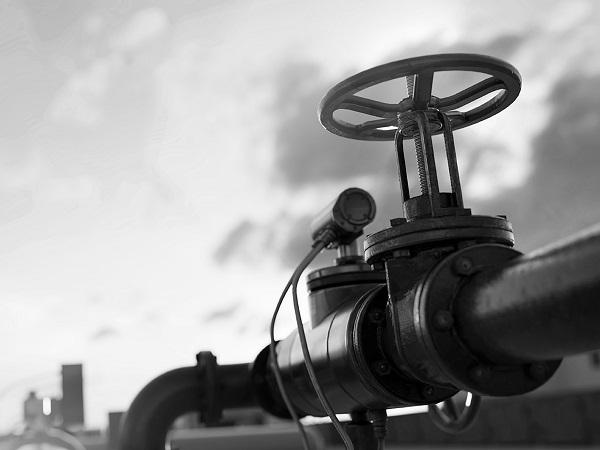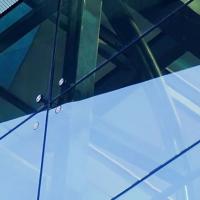
Date: 17 November 2022
The European glass industry is an innovative and highly strategic sector from which the EU benefits greatly. Glass products have a crucial societal contribution insofar as they are feeding important value chains (energy, building, transport, food & drink, medical, etc.). Glass is also a key enabling material for the transition to climate neutrality in many sectors, which have the highest emissions reduction potential (energy, building, transport).
The on-going energy crisis in Europe represents a major threat to the glass industry and its value chains. Glass melting requires a secured supply of energy at competitive prices for the manufacturing of new glass. Down the different value chains, energy is also needed to shape and process glass into final products used by other sectors (see annex on Key facts about energy use in the glass sector). Faced with risks of energy shortages and exponential energy costs, which are substantially higher than in the rest of the world, Europe’s glass industry is in dire need of support to stay afloat.
In her State of the European Union address on 14 September 2022, European Commission President Ursula von der Leyen affirmed that ‘targeted support needs to be provided to sectors such as the glass industry’, the latter being essential in several critical value chains. However, and while the sector’s contribution to the economy and society through value added and jobs is widely recognised, the proposed measures have not been sufficient so far.
Glass Alliance Europe renews its call for urgent and decisive actions at EU and national levels to support the glass industry and help it face the new European energy landscape.
- Regarding continuous energy supplies, authorities should ensure that the criterion on irreversible damages to industrial installations is duly implemented in national contingency plans to prioritise supply of energy to continuous production processes, which cannot be stopped, such as the glass industry, and thus avoid the complete loss of industrial assets.
- To design and swiftly introduce urgent and decisive measures to curb energy costs for both natural gas and electricity for the energy intensive glass industry, in the short term. When it comes to gas, all possible mechanisms such as a price cap, a price corridor, a price brake or else, must be evaluated against their effectiveness in guaranteeing enough gas supplies, in lowering gas costs, in granting predictability over several years and in restoring the capacity of the European glass industry to be globally competitive.
- To provide immediate relief to companies throughout the glass value chains that are seriously injured by the on-going crisis. We take note of the amended Temporary Crisis Framework and draw the authorities’ attention to the need for this framework to be implemented in a flexible and efficient manner for support to be provided at the right time. We welcome the increase in the cap on financial support although it may remain too low for most energy-intensive branches of the glass industry. We also welcome the easing of qualification criteria with the revised criterion on EBITDA evolution. The aid’s conditionality to investments remains questionable and should not prevent necessary support from being granted.
- To facilitate fuel switching by allowing for greater flexibility under the local implementation of the Industrial Emissions Directive rules to efficiently amend operational permits, when it comes to re-introducing heavy fuel oil for glass melting, as well as to reduce permitting time for biogas, in an attempt to reduce Europe’s dependence on natural gas and diversify energy sources.
- To support greater electrification of the glass industry by revising the Guidelines for certain aid for the compensation of indirect emissions under the EU ETS and make sure all glass sectors become eligible for compensation for their sky-rocketing electricity costs.
- To offer immediate relief on taxes and surcharges for electricity and gas to the European glass industry, as well as to preserve the exemption for mineralogical processes under the Energy Taxation Directive.
- To swiftly engage the reform meant to decouple electricity from gas prices and the reform of the energy market design and to involve glass industry experts in the reflection.
- To continue the trade defence measures on subsidised and dumped imports, where relevant, and to consider the rapid introduction of additional measures when new flows emerge. Because of the high energy prices in Europe, import volumes from historical importing countries are increasing, and new trade flows are emerging. These flows, if left unaddressed, could pose a serious threat to European production.
Download the full paper
 600450
600450


















Add new comment